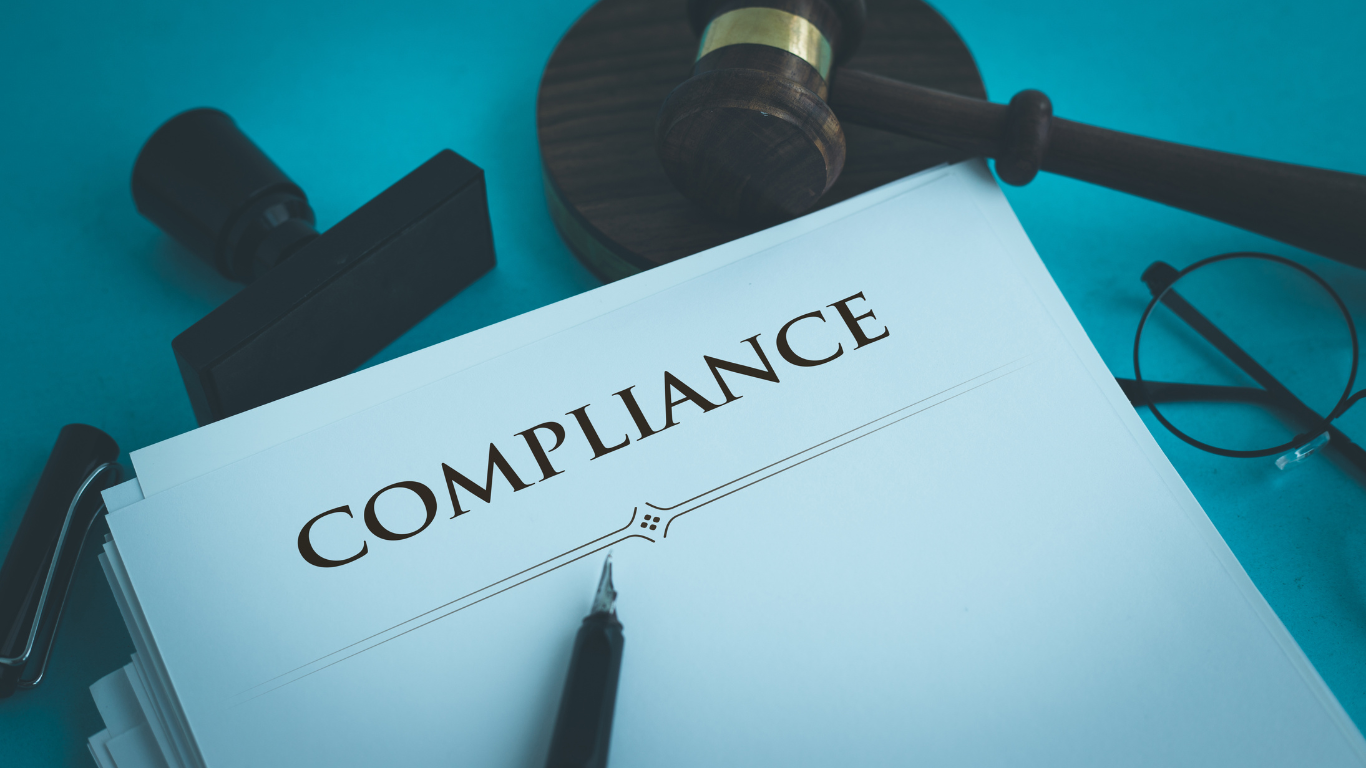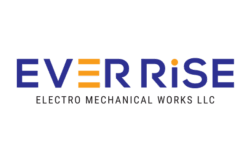
In the rapidly evolving construction landscape of the UAE, ensuring Mechanical, Electrical, and Plumbing (MEP) compliance is critical for the successful completion and operation of buildings. Adhering to stringent standards and regulations not only ensures safety and efficiency but also enhances the sustainability and reliability of building systems. This comprehensive guide delves into the key aspects of MEP compliance and standards in the UAE, providing valuable insights for contractors, engineers, and stakeholders.
Understanding MEP Compliance in the UAE
MEP compliance involves adhering to a set of regulations and standards that govern the design, installation, and maintenance of mechanical, electrical, and plumbing systems in buildings. In the UAE, these standards are enforced by various government bodies and are aimed at ensuring safety, energy efficiency, and environmental sustainability.
Key Regulatory Authorities
- Dubai Municipality (DM)
- Abu Dhabi Department of Energy (DoE)
- Dubai Electricity and Water Authority (DEWA)
- Abu Dhabi Distribution Company (ADDC)
- Sharjah Electricity and Water Authority (SEWA)
These authorities issue guidelines and standards that must be adhered to in all construction projects.
Mechanical Systems Compliance
HVAC Standards
The UAE’s extreme climate necessitates robust HVAC (Heating, Ventilation, and Air Conditioning) systems. Compliance with HVAC standards ensures energy efficiency and indoor air quality. Key standards include:
- ASHRAE Standards: The American Society of Heating, Refrigerating, and Air-Conditioning Engineers (ASHRAE) standards are widely adopted in the UAE. These standards cover energy efficiency, ventilation rates, and indoor air quality.
- Emirates Authority for Standardization and Metrology (ESMA): ESMA provides guidelines for energy efficiency and performance of HVAC systems.
Fire Safety Regulations
Mechanical systems must comply with fire safety standards to ensure the safety of occupants. Key regulations include:
- UAE Fire and Life Safety Code: This code outlines requirements for fire detection, suppression systems, and emergency ventilation.
Electrical Systems Compliance
Wiring and Installation Standards
Electrical systems must adhere to strict wiring and installation standards to prevent hazards and ensure reliability. Key standards include:
- National Electrical Code (NEC): Widely used for electrical installations, the NEC provides guidelines for safe electrical design, installation, and inspection.
- IEC Standards: The International Electrotechnical Commission (IEC) standards are also commonly referenced for electrical equipment and installations.
Energy Efficiency Regulations
Energy efficiency is a major focus in the UAE. Electrical systems must comply with regulations aimed at reducing energy consumption. Key guidelines include:
- DEWA Energy Efficiency Standards: DEWA provides comprehensive guidelines for energy-efficient electrical systems in buildings.
- Green Building Regulations: Various emirates have implemented green building codes that include energy efficiency requirements for electrical systems.
Plumbing Systems Compliance
Water Conservation Standards
Plumbing systems must comply with standards that promote water conservation and efficiency. Key standards include:
- UAE Water Conservation Standards: These standards outline requirements for water-efficient fixtures and fittings.
- LEED Certification: Many projects in the UAE aim for LEED (Leadership in Energy and Environmental Design) certification, which includes stringent water efficiency requirements.
Sanitation and Drainage Regulations
Proper sanitation and drainage are crucial for public health and safety. Key regulations include:
- UAE Plumbing Code: This code provides guidelines for the design, installation, and maintenance of plumbing systems.
- Dubai Municipality Drainage Standards: These standards cover requirements for drainage systems in buildings, ensuring proper waste management and environmental protection.
Ensuring MEP Compliance
Engaging Qualified Professionals
Ensuring compliance with MEP standards requires the involvement of qualified professionals. MEP engineers, contractors, and consultants must be well-versed in local regulations and international standards.
Regular Inspections and Audits
Regular inspections and audits are crucial to ensure ongoing compliance. Regulatory authorities conduct inspections at various stages of construction to verify adherence to standards.
Continuous Education and Training
Staying updated with the latest standards and technologies is essential. Continuous education and training programs for MEP professionals help maintain high standards of compliance.
Utilizing Advanced Technologies
Advanced technologies such as Building Information Modeling (BIM) and smart building systems can enhance compliance by providing accurate data, facilitating better coordination, and enabling real-time monitoring.
Conclusion
MEP compliance is a critical aspect of the construction industry in the UAE, ensuring the safety, efficiency, and sustainability of buildings. Adhering to stringent standards set by regulatory authorities is essential for the successful completion and operation of construction projects. By engaging qualified professionals, conducting regular inspections, investing in continuous education, and leveraging advanced technologies, stakeholders can ensure that their projects meet all necessary MEP compliance requirements. As the UAE continues to push towards greater sustainability and innovation, strict adherence to MEP standards will remain a cornerstone of the nation’s construction landscape.
